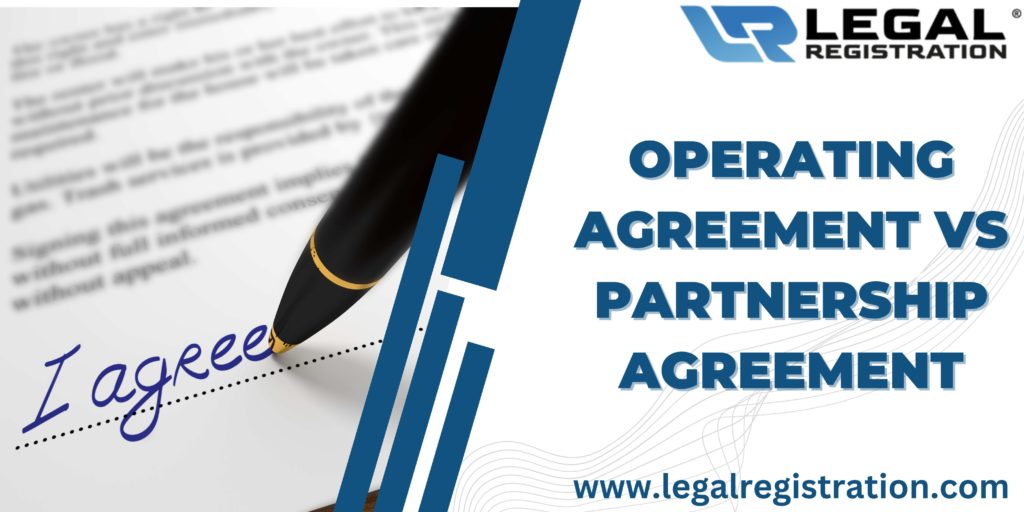Partnership

Full Scale Partnership Formation
Our organization provides full-scale partnership formation and maintenance services. A partnership is the relationship between two people that conduct trade or business. Each person can contribute more than money. They can also provide labor, skill, or property. Most people in a partnership also share in profits and losses of a company. Please contact our organization for help establishing or maintaining a partnership.
What Are Partnerships and why should i look for Partnership Formation?
Every partnership functions as a formal legal arrangement. At least two parties operate and manage a business. This way, they can share the profits of a company. There are different forms of partnership arrangements. The most common type of partnership is a partnership business. That is where the partners share profits and liabilities in an equal manner. In other partnerships, the partners can have limited liability. There is also the term, “silent partner.” A silent partner is the party that isn’t involved in day to day business operations.
How a Standard Partnership Formation Functions
A general partnership functions as an endeavor that at least two parties undertake. That is the brand definition of a partnership. Oftentimes, the parties are non-profit enterprises, governments, and businesses. But sometimes a partnership only consists of private individuals. The goal of each partnership always varies. A partnership often serves the purpose of fulfilling a for-profit venture. Three main categories exist that apply to partnerships. They are: limited liability partnerships, general partnerships, and limited partnerships.
Here is how a general partnership functions. At least two parties share financial and legal liability in an equal manner. Each individual holds responsibility when it comes to debts a partnership takes on. In almost all cases, profits get shared on an equal basis. So, where can you find the species of profit sharing, per an agreement? That writing goes inside each official partnership agreement. Say that you’re drafting a partnership agreement. Consider featuring an expulsion clause inside the agreement. This clause details the events that serve as grounds for expelling each partner.
What Are Limited Liability Partnerships (LLPs)? | Partnership Formation
Limited liability partnerships (LLPs) are very common in the United States. They provide structure for professionals to make legal arrangements. The professionals can include lawyers, accountants, and even architects. An arrangement must limit the personal liability of the partners. Here is an example of how this works. Say that a partner gets sued for malpractice. The other partner must have protection already in place for his or her assets.
Some accounting and law firms hold distinctions between two types of partners.
There are salaried partners and equity partners. Salaried partners hold more of a senior standing than equity partners. But a salaried partner never has an ownership stake. Both types of partners can receive bonuses from a business or firm’s profits.
Think of limited partnerships as a hybrid of two other partnerships.
They combine limited liability partnerships and general partnerships. At least one partner has to save as the official general partner. This person has complete personal liability for the debts of the partnership. At least one other individual plays the role of a silent partner. The liability of a silent partner gets limited to the amount of money that he or she invests.
Most silent partners do not take part in day-to-day operations.
They also do not focus on management of the partnership. Limited liability limited partnerships (yes, that’s the correct name) are different. In fact, they are new and very uncommon. They function as a limited partnership providing a crucial shield from liability. This to benefit its general partners.
The Relationship of Partnerships & Taxes
In the US, a federal statute does not exist that defines partnerships. But you can find partnership criteria within the Internal Revenue Code of the IRS. The code features detailed regulations about partnership federal tax treatment. Partnerships never pay income tax. Instead, tax responsibility goes toward all involved partners. Oftentimes, partners are not considered employees due to tax purposes.
Individuals in a partnership can receive positive tax treatment.
At least, the treatment is less harsh than if the partners founded a corporation. Keep in mind that all corporate profits get taxed. Plus, dividends to shareholders or owners also get taxed. Meanwhile, partnership profits do not get double-taxed.
How To Report Partnership Income | Partnership Formation Tips
Every partnership has to file a crucial document with the Internal Revenue Service. It’s called an “annual information return.” This IRS return is where the partnership reports more than income. It also reports gains, losses, deductions and more from partnership operations. Yet, once again, a partnership never pays income tax. Instead, a partner’s passes through both profits and losses to each partner.
Every partner has to report his or her share of a partnership’s income or loss.
That information goes inside a personal tax return. A partner never operates as an official employee. That’s why partners never fill out a W-2 form. Instead, a partnership provides copies of Schedule K-1 (Form 1065) to each partner. Do you need more information about filing partnership documents with the IRS? If so, please contact the LegalRegistration.com team right now. We can walk you through any process related to the IRS and filing taxes.
How Partnerships Differ From Other Types of Business Entities
A partnership is an ideal way to structure almost any type of business. All it takes is two individuals to act as partners and form the partnership. Every partnership involves a contractual agreement. (This can also refer to the partnership agreement.) The agreement sets forth all terms and conditions within a business relationship. It includes responsibilities, distribution of ownership, and profits and losses. A partnership also defines and outlines how a business relationship functions.
Here is a key difference that separates partnerships from corporations or LLCs.
In a partnership, the partners do not get held liable for business debts. This means that creditors have a right to go after the personal assets of partners. Plus, claimants can also try to take over the personal assets of partners. That is why people must exercise caution when selecting partners.
Why Create a Partnership if Partners Do Not Have Limited Liability?
There are some key benefits associated with Partnership Formation. First, a partnership is easier to create than an LLC or corporation. A partnership also does not feature any formal government incorporation process. Thus, partnerships are not subject to the rules of other entities. (Like the regulations of LLCs and corporations.) Also, filing taxes with the IRS is simple and painless for partners.
What Is a Limited Partnership?
A limited partnership features general partners. These partners must maintain operations within a business or firm. General partners also have complete liability. But there are also limited (silent) partners. A limited partner is often a passive investor. Or, a person that does not get involved with day-to-day operations. Each silent or limited partner has limited liability.
Keep in mind that a limited partnership is not the same as a limited liability partnership (LLP).
Through an LLP, partners do not have exemptions from liability. This applies to any debts that a partnership has. The partners can receive an exemption based on actions that other partners take. A limited liability limited partnership (LLLP) is brand new to the legal world. It combines the traits of LLPs and LPs.
Does a Partnership Pay Taxes?
A partnership as a whole never pays business taxes with the IRS. Instead, the taxes get passed through toward individual partners. The partners must file tax returns through the IRS on their own. This often takes place via a Schedule K form
What Type of Business Is Best For Me If Im Thinking About a Partnership Formation?
A partnership is ideal for any group of professionals that perform the same type of work. This way, each partner can play a crucial role in operating a business. You can find partnerships within all sorts of industries and occupations. From lawyers to architects to medical professionals to accountants.
More Information About How Partnership Formation Functions
Every partnership functions as a for-profit business. It comprises at least two individuals. US federal laws do not govern partnerships. Instead, state laws apply to every partnership. Partnership laws, rules, and vary from state to state. Most states have now adopted the official Uniform Partnership Act. Please let our organization know if you need information about the act.
Federal laws do not play much of a role when it comes to partnerships. Every partner has a direct role in business operations and profits and shares. But there is a consequence of profit sharing. It is that partners will get held liable for the debts of the partnership.
Do You Have Questions About Partnership Formation? Contact Us Today!
Our organization’s standing by to answer your questions about partnerships. Please give us a phone call right now. If we can’t answer, one of our experts will return your call right away. We also encourage you to direct questions via email or a message on our website. The LegalRegistration.com team looks forward to helping you with your partnership.


